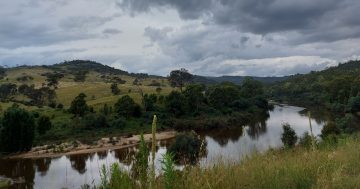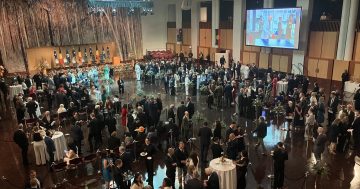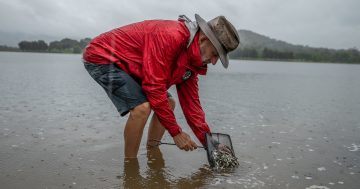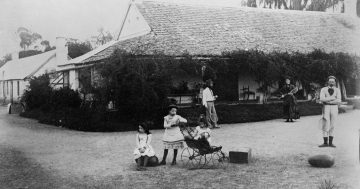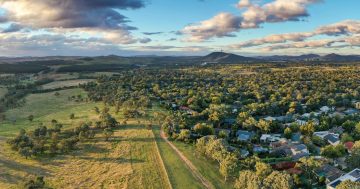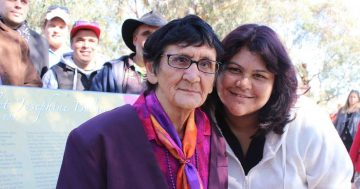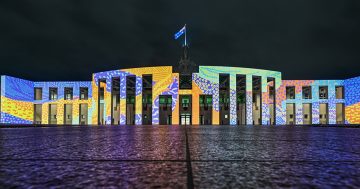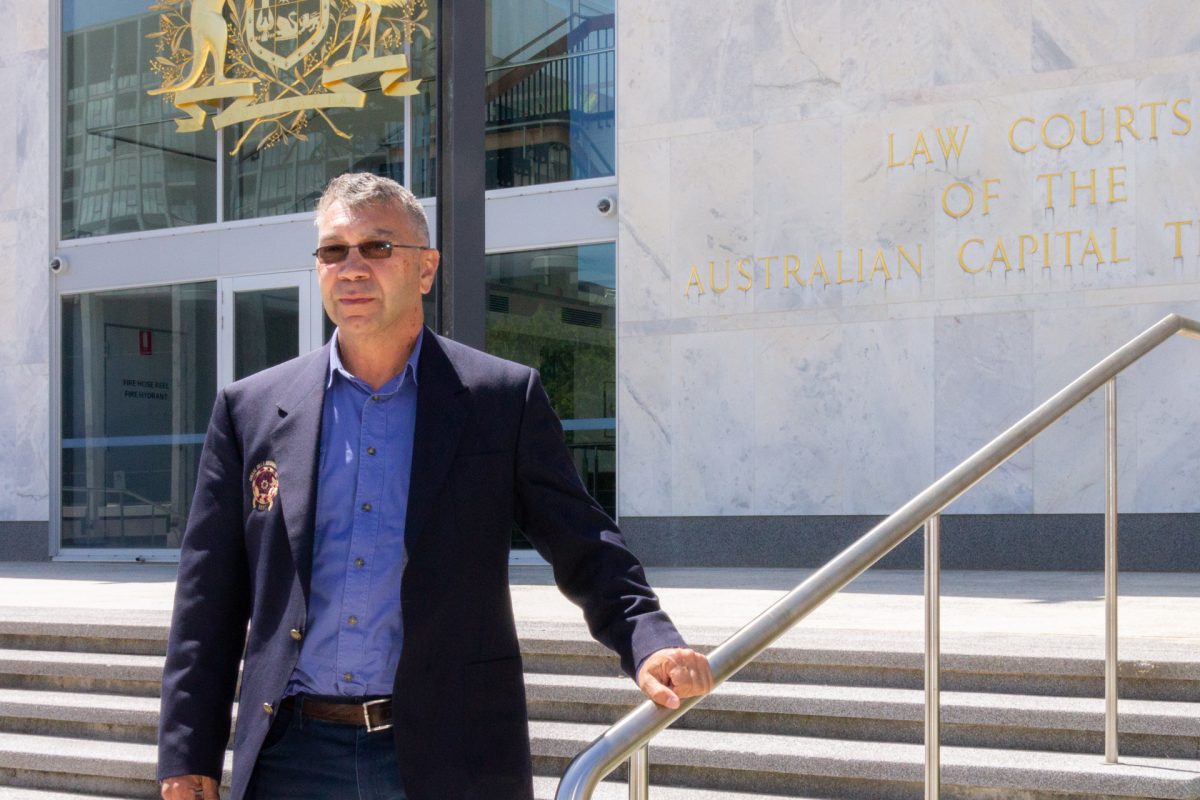
Paul Girrawah House has welcomed the settlement with the ACT Government. Photo: Albert McKnight.
The ACT Government has apologised to the Territory’s Ngambri people for its long-running policy of recognising only Ngunnawal people as Traditional Owners.
The government and the representatives of the Ngambri people had been deadlocked in the ACT Supreme Court before agreeing to mediation earlier this month. Terms of settlement with Paul Girrawah House and Leah House were announced late Thursday (27 April).
“The acknowledgement was all we were ever seeking,” Paul Girrawah House told Region.
“The honouring of our identity and connection and provenance to country has been compelling. It’s been a 20-year journey to get there, to have some form of acknowledgement as self-determined people based on our customs and traditions.
“This is an important step in the long journey ahead to repair the damage of colonisation.”
Speaking today, Minister for Aboriginal and Torres Strait Islander Affairs Rachel Stephen-Smith emphasised the government continues to recognise Ngunnawal people as traditional custodians, but will now enter a process of community determination regarding Ngambri acknowledgement.
Indigenous recognition protocols will now refer to Ngunnawal people and “any other people or families with connection to the ACT and region”. There will be no explicit Ngambri recognition in the short term and road signs welcoming visitors to Ngunnawal country will not change.
The House family, representing the Ngambri people, claimed the ACT Government’s “one tribe policy” violated their rights and breached the ACT Human Rights Act and the United Nations Declaration on the Rights of Indigenous People.
A statement yesterday from the Chief Minister, Attorney-General Shane Rattenbury and Ms Stephen Smith acknowledged that the government’s Indigenous recognition protocols had caused “hurt and distress”. The Commonwealth government and a number of national institutions and organisations have variously recognised both Ngunnawal and Ngambri people for some time.
The ACT Government must also undertake a comprehensive review of its Indigenous recognition policies and change its protocols to respect the terms of the settlement.
“Yesterday was a very important and difficult day for Aboriginal and Torres Strait Islander people, particularly for those identifying as traditional custodians,” Ms Stephen-Smith said, describing traditional ownership as “a deeply personal and complex issue” for the families involved.
“We do need to emphasis the Ngunnawal remain traditional custodians,” describing “very strong evidence” supporting their ownership claims.
“But there are some people who no longer or have not ever identified as Ngunnawal. That is the reality we face.”
She said the government would be “taking a step back” to work with traditional custodians and the wider community, noting that recognition aligns with broader issues around ownership and treaty.
“This is not a decision for government or the courts,” she said.
Traditional custodian Paul House said Ngambri people accepted the government’s apology and invited them to embrace “the truth telling of country based on stories and the evidence of ethno-historical records”.
He said the earliest European records identified Ngambri/Kambri people across what is now the centre of the ACT, from Pialligo to the ANU.
“To be denied your own existence on country creates a whole raft of lateral violence,” he said. “Aboriginal people need time to reconnect back with country.
“The records have always been there, but other people need to also go on the journey. I’ve been inundated today with messages from people who are happy that the tent is now open for that conversation.
“We’ve never intended to displace or discriminate against Ngunnawal and others claiming a traditional connection to country. I look forward to working constructively with Ngunnawal and others on the journey forwards.”
Historian Dr Ed Wensing says the settlement is “a significant turning point” in the history of Aboriginal relations in the ACT.
“Essentially, this knocks off the ‘one tribe policy’,” he told Region.
“It’s not about displacing the Ngunnawal, never was. It’s about recognising that more than one group has claims to this country and that needs to be reflected in public policy.”
Dr Wensing says the outcome is also significant for its grounding in the UN Declaration on the Rights of Indigenous Peoples, specifically referenced in the ACT legislation, adding that the question of how the Territory defines traditional custodianship is still unresolved.
Ngunnawal elder Aunty Violet Sheridan said Traditional Owners would meet collectively to discuss their next steps.
“We take very seriously our obligation and responsibility as Traditional Owners and custodians of our lands and culture,” a statement said.
“We stand united as proud Ngunnawal Traditional owners and will continue to do so no matter what decision the ACT Government has made.”












